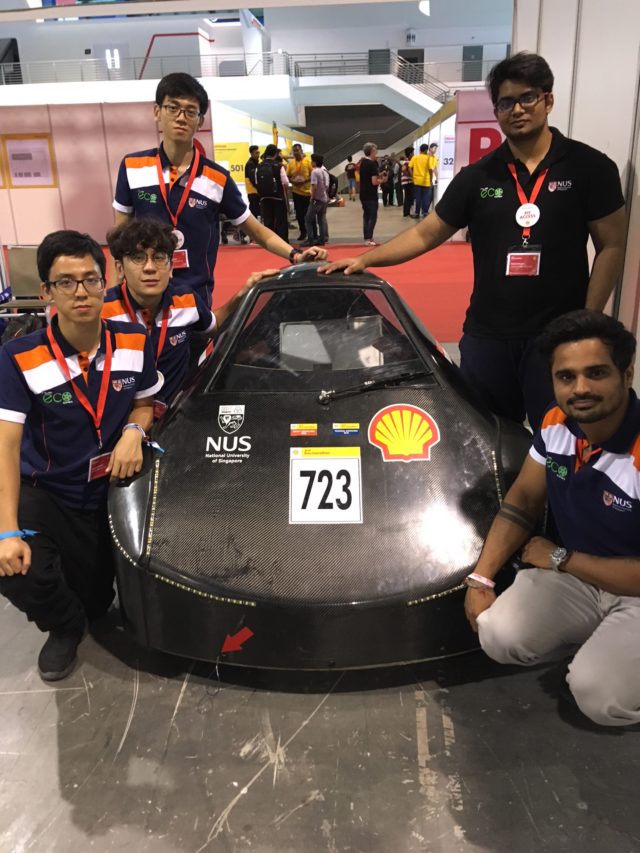Ngian Siew Ling
Singapore, 13 March 2018 – According to statistics, the U.S. has one of the greatest number of car ownership in the world, and especially when economic competitiveness is considered; the number of car ownership in emerging markets such India and Indonesia will unsurprisingly increase as well.
In years to come or at the arrival of the pinnacle of explosive numbers of vehicles that oil can support, the global oil supply will wail in dissipation. Lately, a shift has been witnessed globally. First, is the green initiatives realized by China, the use of automated public transport launched at the end of 2017 on the roads of Shenzhen. Next, France’s world’s first solar panel road had opened in Normandy Village, covered with 2,800 sq m of electricity-generating panels. Lastly, an area of greater relevance, is the green efforts carried out by Singapore. From 2020, all facilities producing 25,000 tonnes or more of greenhouse gas emissions in a year will have to pay a carbon tax – this is a hybridization of both economic and conservation, as well as the persistence of forging ahead in the region of SEA as she chairs the “ASEAN NEXT 50” 2018.
Enough of countries’ efforts, micro efforts by companies are equally vital. In the most recent ‘Make The Future Festival’ March 8-11 2018, Shell’s global platform has brought together conversation, collaboration and innovation around the world’s energy challenges. It summoned bright minds (students from universities or polytechnics from several countries like Singapore, Indonesia, Philippines, Australia, China, Japan etc.) to re-engineer the anatomy of a car and alleviate their functions to their utmost efficiency levels – simply Longest Distance/Constant Energy in mathematical terms.


Shell had showcased at its Experiential Hall some of its technology of the future of energy productions: converting sound energy suffice to light up the entire city, salt water car technology – though salt water does not generate energy but when salt water comes in contact with metal, electrons flows and create electricity. Successful innovation takes time and, needless to say, its implementation.
So what will be the future of the oil & energy industry? *Energy cannot be created or destroyed, it can only be converted. And in terms of energy supplies, will the world evolve to a point where the innovation of energy conversation technology be accessible to all global citizens without any intermediaries? Will Energy Conversation Technology entitle money or no money, since who will produce the sound to light the city? What will the mathematical equation be if, Economic = Lesser Oil + More Energy Conversion Technology?





































